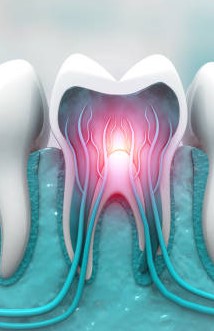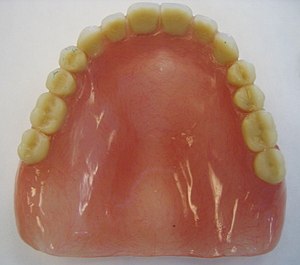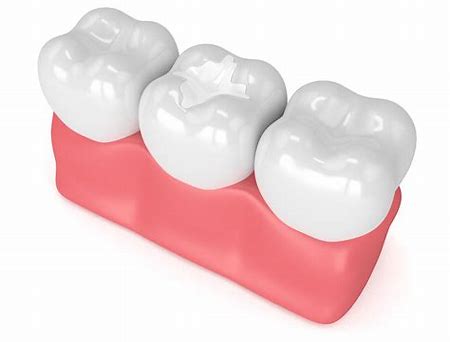Here are some frequently asked questions (FAQs) regarding root canal treatment:
1. What is a root canal treatment?
Root canal treatment is a dental procedure that involves the removal of the infected or damaged pulp from the interior of the tooth’s root canal. The canal is then filled with a material that seals it off to prevent further damage or infection.
2. Why is a root canal treatment required?
A root canal treatment is required when the tooth’s pulp, which contains nerves and blood vessels, becomes infected or damaged. This is usually caused by untreated tooth decay, trauma to the tooth, or a crack or chip in the tooth.
3. How is the RCT Procedure done?
The procedure typically involves local anesthesia to numb the affected tooth and surrounding area. The dentist then drills a small hole to access the root canal and removes the infected pulp using dental files. Once the canal is cleaned and shaped, it is filled with a rubber-like material called gutta-percha, and a temporary filling is placed in the access hole.
4. Is the Root Canal Procedure Painful?
The procedure should not be painful, as local anesthesia is used to numb the area around the affected tooth. However, patients might experience some discomfort or sensitivity following the treatment, which can be managed with pain medications.
5. How Long Does a Root Canal Treatment take?
The procedure usually takes between one and two hours, depending on the extent of the damage and the number of canals that need to be treated. The treatment may require multiple appointments to ensure that the canal is properly cleaned and free of bacteria.
6. Is a Crown required following Root Canal Treatment?
A crown or filling is typically required following root canal treatment to restore the tooth’s functionality and appearance. This is because the tooth may become weaker over time, and a crown or filling can help to protect it from further damage.
7. How Successful is Root Canal Treatment?
Root canal treatment has a high success rate, with most patients reporting a complete resolution of symptoms following the procedure. However, proper oral care, including regular brushing and flossing and routine dental checkups, is essential to ensure the longevity of the treated tooth.
8. What are the Risks Associated with Root canal Treatment?
While rare, there are some risks associated with root canal treatment, including the possibility of infection or damage to surrounding teeth, gums, or nerves. However, these risks can be minimized by choosing a highly skilled and experienced dentist or endodontist to perform the procedure.





One thought on “FAQs for Root Canal Treatment”